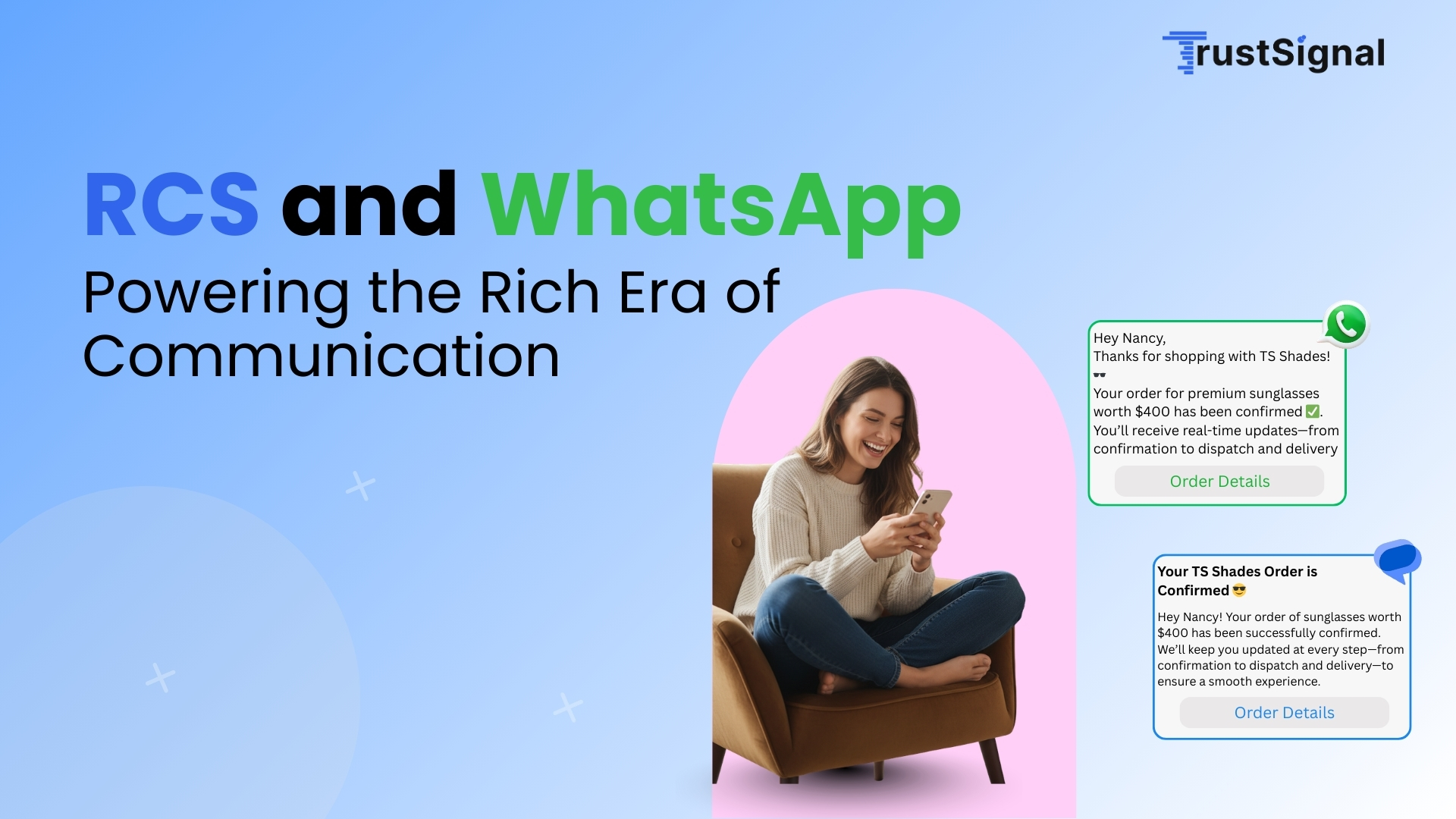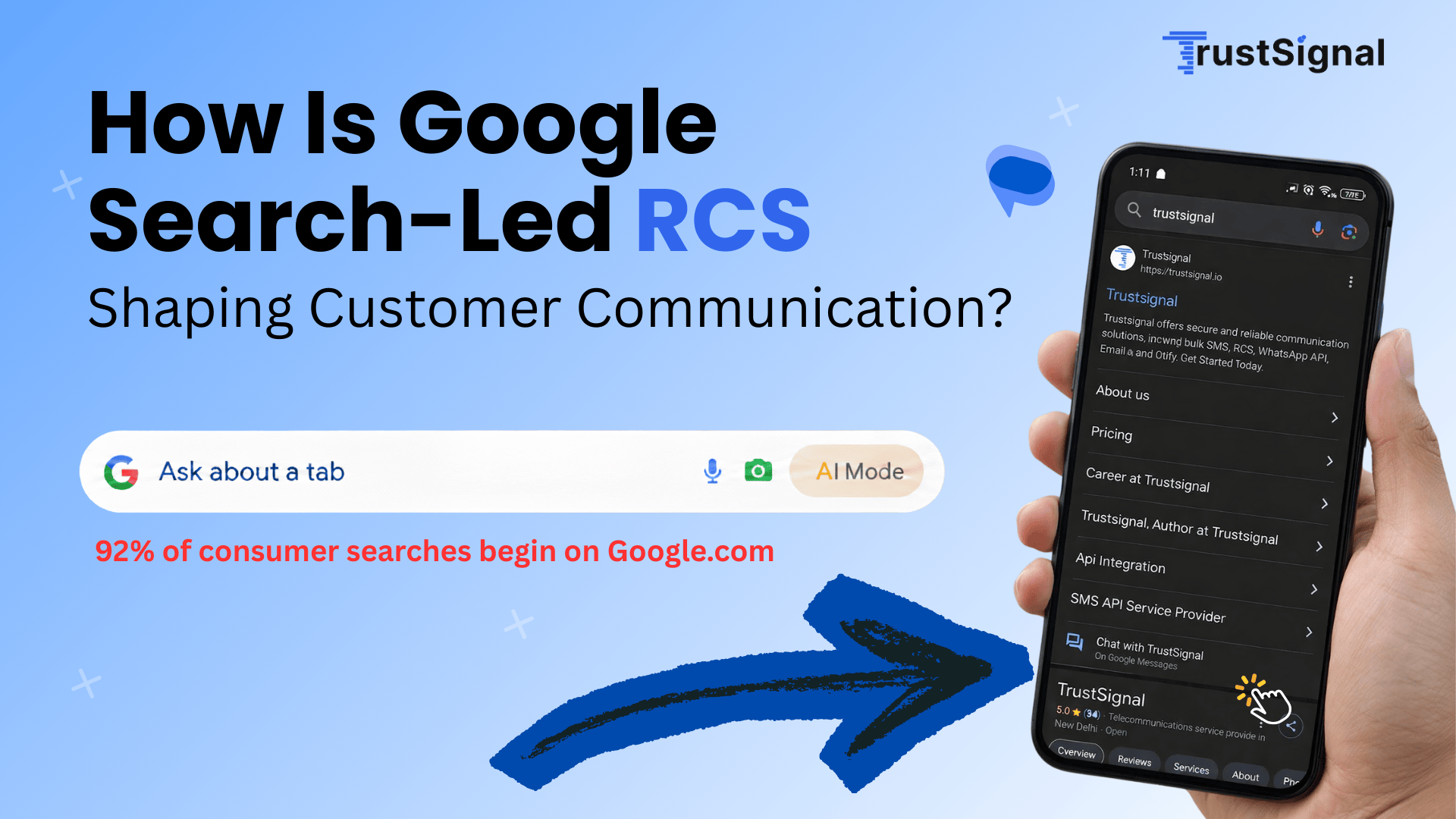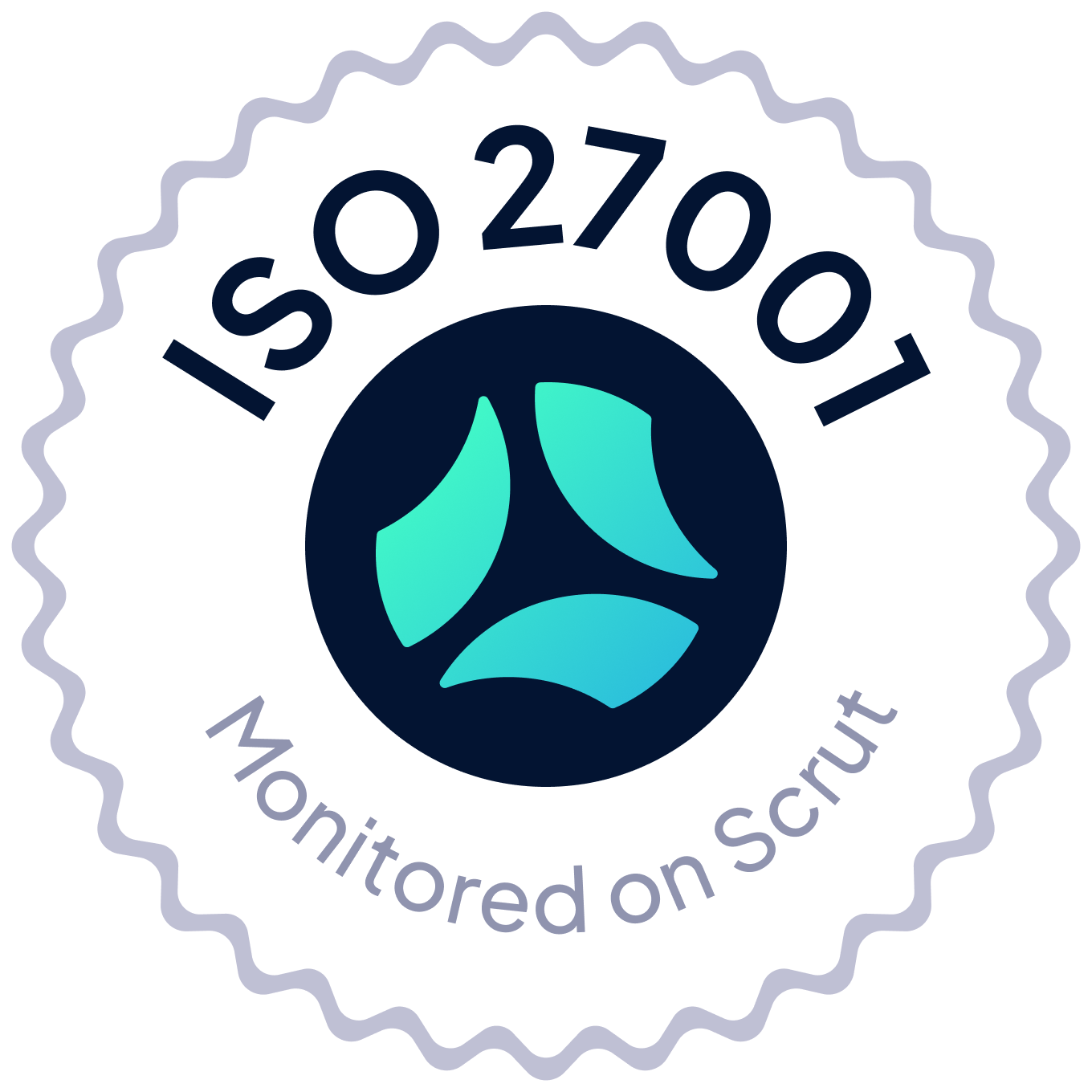As of 2025, WhatsApp remains a powerful communication platform, with more than 2.95 billion monthly active users globally, and India in the lead with around 535.76 million users. This widespread usage is a great opportunity for Businesses to reach customers efficiently.
WhatsApp’s vast user base and high engagement rates make it a great platform for business communication. It processes over 140 billion messages daily, indicating its central place in everyday interactions.
What is WhatsApp Chatbot
A WhatsApp Chatbot is a software program that mimics text-based human-to-human conversation through the WhatsApp messaging system. WhatsApp Chatbots can respond automatically to different customer communications, from customer support to sales, and can be implemented through the WhatsApp Business platform.
Generally, a WhatsApp Chatbot seeks to offer an interactive and conversational experience to users through a messaging channel where they communicate with their friends and family every day. Through both scripted and AI-based formats, WhatsApp Chatbots enable customers to get information and accomplish tasks with a Business.
Why You Need a WhatsApp Chatbot
Implementing chatbots in business processes has several benefits:
- 24/7 Support: Chatbots offer support 24 hours a day, seven days a week, answering questions at any time.
- Instant Response: They can handle Multiple customer interactions simultaneously, saving time and enhancing satisfaction.
- Lead Generation and Qualification: Chatbots can interact with visitors, gather information, and evaluate potential leads efficiently.
- Multilingual Support: Chatbots offer Multilingual support that helps to cater Diverse customer Base.
- Data Collection: Chatbots collect valuable customer information, enabling insights to be used for targeted marketing campaigns.
- Integration Capabilities: They can integrate with CRM tools, making customer relationship management easier.
- Scalability: Chatbots can support multiple conversations at the same time, supporting business growth without extra resources.
Industry-Specific Use Cases of WhatsApp Chatbot
Fintech
Providing prompt and efficient customer service is a crucial part of a forever-growing fintech industry.
- Customer service: Personalized chatbots provide real-time support assistance from loan inquiries to investment advice. This feature of the chatbot saves time and retains customers through the process.
- Multi-Button Templates: When customers need information about loans, installments, or account services, multi-button templates in WhatsApp chats provide direct links to the relevant resources. This streamlined approach minimizes confusion and helps users manage their financial tasks efficiently.
E-Commerce
E-commerce is all about personalization, speed, and efficient customer service. WhatsApp Chatbot plays a crucial role.
- Order Updates: Now your customers do not need to check multiple apps or emails; rather, everything happens right in their WhatsApp thread. This kind of transparency reduces post-purchase anxiety and keeps customers informed, improving overall satisfaction.
- Payments: The most significant leap in e-commerce comes with the integration of payments. Chatbots can now send invoices, accept payments, and update customers on their order status, without leaving the messaging app. The outcome? A smoother transaction experience that builds customer loyalty.
Healthcare
In the healthcare sector, good communication plays an important role. WhatsApp chatbots help hospitals maintain transparency and timely dialogues, especially during high-stress situations.
- Reminders: Chatbots send timely reminders, helping reduce no-show rates and ensuring patients are informed about upcoming appointments.
- Appointment scheduling: Patients can book appointments anytime without waiting on hold or navigating complex portals. Chatbots provide real-time access to available slots, improving convenience and reducing administrative workload.
Edtech
Education is going digital through WhatsApp chatbots help institutions to share real-time updates and offers.
- Offers and Updates: Chatbots provide instant answers to frequently asked questions about courses, fees, schedules, and more, ensuring students have access to information at any time.
- Automated Administrative Tasks: Chatbots handle routine tasks such as enrollment processes, assignment reminders, and exam notifications, streamlining administrative workflows
Retail
In the retail sector, success is all about making it convenient for customers to interact and purchase seamlessly. WhatsApp chatbots are a great way to provide personalized, interactive, and seamless experiences to enhance customer satisfaction and make purchasing convenient.
- Product catalogs: Instead of pulling customers out of the app to other apps or websites, WhatsApp enables businesses to showcase their products directly in the chat using its catalog feature. This turns the conversation into a simple, visual, and immediate virtual shop, with customers being able to browse products easily without leaving the app
How to Create a WhatsApp Chatbot Using TrustSignal
TrustSignal offers a comprehensive platform to build and deploy WhatsApp chatbots, enabling businesses to automate customer interactions efficiently. Here’s a step-by-step guide to get you started:
1. Set Up Your WhatsApp Business Account
- Business Profile: Create a WhatsApp Business Account to establish your brand’s presence on the platform.
- Verification: TrustSignal assists with account verification and obtaining the blue tick badge, enhancing your business’s credibility.
2. Integrate with WhatsApp Business API
- API Access: TrustSignal provides seamless integration with the WhatsApp Business API, allowing for advanced features like message automation and analytics.
- Template Approval: They assist in creating and submitting message templates for approval, ensuring compliance with WhatsApp’s policies.
3. Design Your Chatbot Workflow
- Conversation Flow: Define the chatbot’s conversation paths, including greetings, FAQs, and user prompts.
- Automation: Set up automated responses for common inquiries, such as order status, appointment scheduling, or support requests.
4. Launch and Monitor Performance
- Deployment: Once satisfied with the chatbot’s performance, deploy it to your customer base.
- Analytics: Utilize TrustSignal analytics tools to monitor user interactions, response rates, and overall effectiveness.
Conclusion
WhatsApp chatbots are now a must-have for companies seeking to facilitate customer engagement and optimize operations. They provide real-time support, tailored interactions, and effective service provision in many industries. Such platforms as TrustSignal ease the development and deployment of chatbots, making them within reach even for companies lacking serious technical skills. By incorporating WhatsApp chatbots into their communication tools, businesses can fulfill changing consumer demands and ensure continued competitiveness in today dynamic marketplace.






